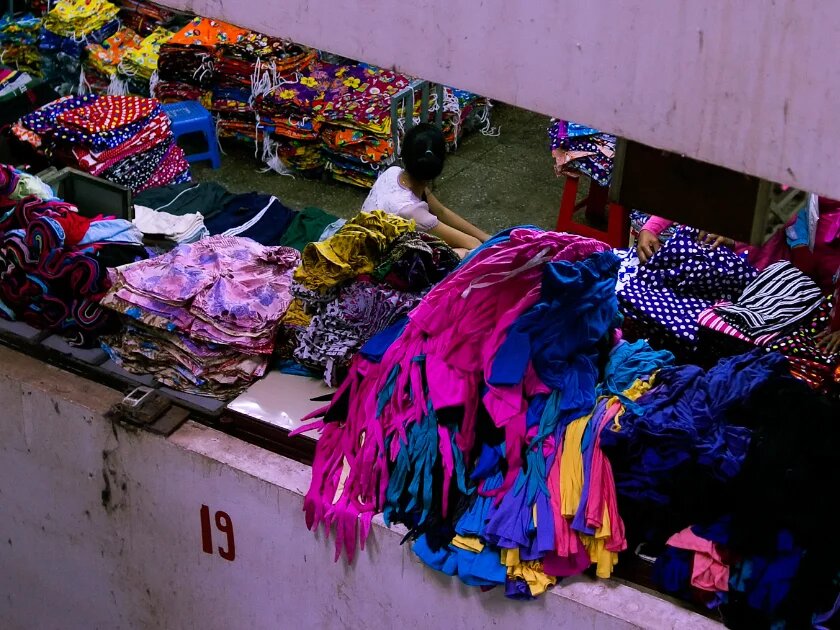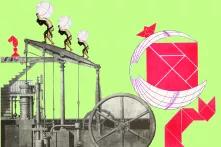
Resource issues are affecting Western countries. But even more severe are the effects these countries cause on the environment elsewhere. In this interview Lennart Kümper-Schlake explains why.
Can you give an example how we, here in Germany and Europe, are affected by or how we contribute to international resource issues?
We are affected by resource issues, but I think the more important topic to talk about during this conference is that we, in Germany and Europe and other Western countries, are affecting resource issues and are affecting the environment elsewhere. We are at the demand side of the whole chain of custody. I'll give you an example: You can buy a pair of jeans for 10 Euros here in Germany. And many people do that. I wonder how this can be possible.
All the social and environmental costs are definitely not incorporated in this price. So some services, some common pool resources are just taken for granted. If you produce a pair of jeans, you need cotton in the first place. That is mainly grown in dry lands, mainly in monocultures, with bad implications for soil fertility, and for both water availability and quality. Then, the cotton is going to China or Bangladesh as a raw product and is further processed under bad labor and health conditions for the workers. The further processing of cotton into jeans, coloring of the cotton, sandblasting of the textiles etc. has huge implications on water quality in these regions, too. There is definitely a huge lack of awareness but also political will and power in most industrialized countries like Germany.
What has to be done to raise awareness on these issues?
That is hard to answer, even though there are some options. One is to raise prices. Combine that with certification schemes. But many certification schemes that are existing now are not running very well. And they have problems to reach the majority of people. Following up on the jeans example: You can also buy jeans for 500 Euros, if it’s a big brand - but it will still have the same implications for nature.
Another option to raise awareness is education. Or you could go out and promote role models that demonstrate the problematic side of profit-based consumption. Or role models in ecosystem management like collective management approaches. Good examples of regional economic circles and the use of local products are even better. To cut a long story short: Show good examples and best practices to people and companies.
Which contradictions do you see in national and international resource politics?
The main contradiction here is that the current knowledge that is available on the planetary boundaries is not taken into account at all; neither on national nor on international level. There are a couple of conventions that really mean it serious, but they have some internal problems and are not well recognized in other sectoral policies. The MA (Millennium Ecosystem Assessment) in 2005 already identified the idea of profit-oriented economic growth, the model that we are following, as a driver of ecosystem degradation. International regimes are pretty weak, even if they are good for framing specific problems - so it's all about policy implementation and regulation. It's important to raise the crucial issues and that you don't leave it to the market mechanisms only. You should also go for regulatory policy development and then take care about the decentralized implementation.
How do you think can international debates or our resource summit contribute to the process?
I think it is crucial to have this kind of events. They are not there only for the purpose of their own sake. I just talked to a delegate from Ethiopia who was very enthusiastic about carbon trading schemes because he was only aware of good examples, of successful projects that were developed and carried out under these schemes. But while talking about it, we discovered that there are huge problems when you only focus on a single ecosystem service, like carbon sequestration or carbon storage, and leave all other relevant issues, e.g. biodiversity, behind. To exchange on best practices is good, but you learn more from bad examples – so it is crucial to share both types of experiences.
Thank you for the interview!
